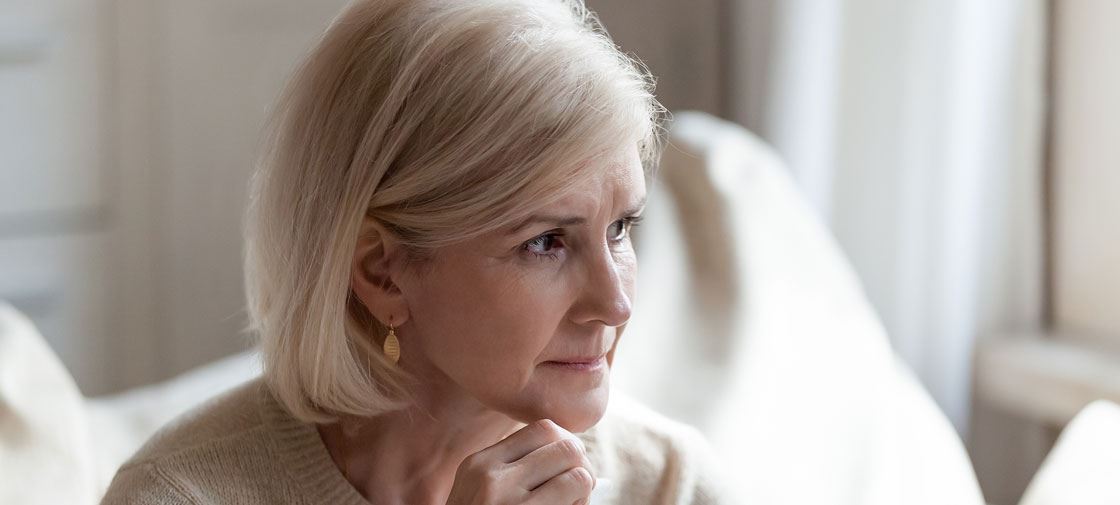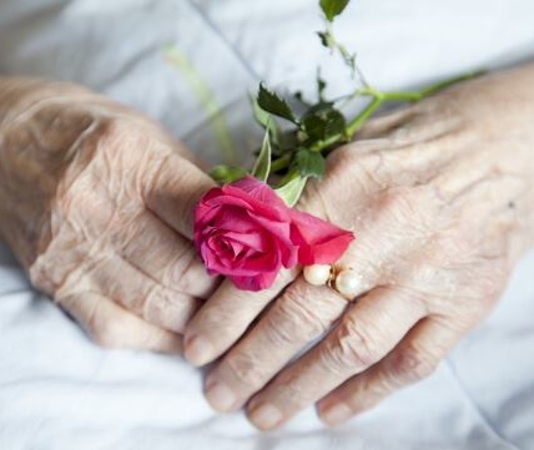The typical in home caregiver is a middle-aged woman, which means that the typical in home caregiver is likely experiencing some aspect of menopause.
Menopause is the time of a woman’s life when her menstrual cycle stops as the ovaries’ function is reduced and estrogen and other hormones are reduced. The average age for menopause is 51, but the symptoms can be felt for years prior to and during this change.
“With the added burden and stress that result from care giving, there is certainly the potential that women experiencing menopausal symptoms of mood changes, anxiety, irritability, sadness, and insomnia could be at increased risk of developing clinical depression or have exacerbation of current psychological symptoms,” said Dr. Diane Pace, PhD, a family nurse practitioner and past president of the North American Menopause Society.
Pros and Cons
In a July 2011 article titled “The Stress of Care Giving in Midlife Women,” by Dr. Judith A. Berg, PhD, the author points out both the positive and negative aspects of care giving for this population. Noting that some in-home senior caregivers “experience an improved sense of well-being linked to personal growth and fulfillment,” Berg states that the majority of these caregivers experience “negative consequences.” These negative consequences include “lowered life satisfaction, interpersonal conflict, psychological distress, social isolation, sleep disturbances, disturbed eating patterns” and more. Part of the dynamic includes working at least part-time, raising children, maintaining relationships, all while caring for a sick and/or elderly loved one and providing home care assistance.
“Although most women make the transition into menopause without experiencing depression, many women report symptoms of depressed mood, anxiety, stress and a decreased sense of well being,” said Pace. “Women with a history of clinical depression may be more vulnerable to recurring depression during midlife change.”
The National Alliance for Caregiving in collaboration with AARP published “Care Giving in the U.S.: A Focused Look at Those Caring for Someone Age 50 or Older” in November 2009. Although approximately 46 percent rate the emotional stress of care giving low (a one or two on a five-point scale), 22% indicate they have moderate stress, and about one third (31 percent) rate the emotional stress of care giving as high (a four or five).
For some, there is an overlap of symptoms—such as sleep loss from hot flashes or getting up in the middle of the night to help an elderly parent with Alzheimer’s disease—and this can cascade into aggravating both situations.
Advice
The North American Menopause Society also has online resources for those going through menopause. One article on their website provides tips on how to distinguish between mood swings and depression. There are also details on hormone and non-hormone prescriptions and treatments for a variety of menopause-related symptoms. “Although data are insufficient to promote consensus recommendations regarding efficacy and safety, women who are not considering prescription interventions might want to be consider options such as soy foods or isoflavone supplements, black cohosh and omega-3 fatty acids,” said Dr. Pace. “Additionally layering clothing to allow adding or removing clothing during flushes, use of a product, Chillow, to help with cooling body temperature, and wicking clothing may help. Therapies such as acupuncture, bio-feedback, massage may provide symptom relief, and certainly counseling should be considered if the symptoms and the stress of care giving are causing significant issues with coping and functioning.”
Some of the advice for relieving the burden and stress of care giving is the same as for relieving the symptoms of menopause. “Although care giving creates incredible challenges on time resources, women need to be reminded that they need to schedule some “personal” time for caring for themselves,” said Dr. Pace. “Health activities like regular visits to their own healthcare provider, nutrition management, exercise, and smoking cessation will promote their ability to continue in the care giving role with less stress on their own health.”





